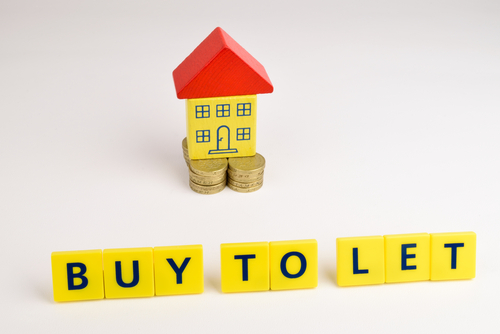The Bank of England has indicated that it would use its powers to curb the property market if prices starting rising too rapidly, according to the latest minutes from the Monetary Policy Committee.
The MPC suggested that rising house prices are a good thing because they could boost overall economic growth, but the authorities had "a range of instruments" at their disposal and would step in if prices rise too fast.
The minutes said: "Increased housing market activity had the potential to support dwellings investment and spending on associated services, thereby boosting growth overall.
"And some rise in prices might provide a modest fillip to consumer spending and investment if, for example, the increase in collateral values helped to relax households’ and small businesses’ credit constraints.
"Nevertheless, the Committee noted that property market developments would become more of a concern if a period of rapid real house price increases appeared in prospect. The Committee noted the fact that the Financial Policy Committee and the Prudential Regulation Authority now had a range of instruments they could deploy to mitigate this."
This follows a heavily-criticised suggestion from the RICS earlier this week that the Bank should cap annual house price growth to a maximum of 5% a year, which was attacked by many in the industry.
But yesterday's minute show that the Bank is reserving the right to intervene if necessary.
MPC members voted unanimously to hold base rates at 0.5% and maintain asset purchases for quantitative easing at £375 billion.
They also made it clear that even if unemployment falls to 7%, this wouldn't automatically trigger a rise in the base rate.















Comments